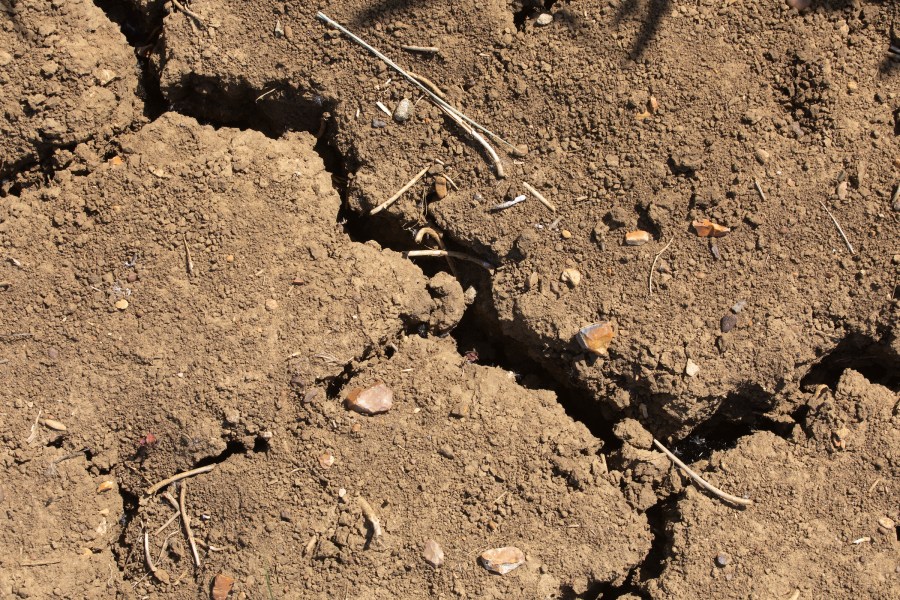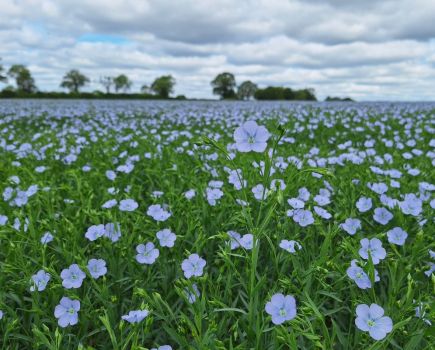Average rainfall levels over winter will still not be sufficient to avoid impending drought or drought conditions next year, according to the National Drought Group forecast.
At a meeting last week (14 October), chaired by Environment Agency chief executive Sir James Bevan, members discussed projections for a dry autumn and winter on the water, agriculture and environment sectors in 2023.
Many water companies have suggested impending drought or drought conditions will remain beyond spring in some areas – notably in parts of the South West, South East, East and Yorkshire and East Midlands – if rainfall is below average.
Sustaining supplies
The group, made up of senior decision-makers from the Environment Agency, government, water companies and key farming and environmental groups, also discussed actions needed over the next six months to sustain essential water supplies in preparation for spring/summer next year.
This will include water companies implementing their drought plans and accelerating infrastructure plans to improve resilience of water supplies.
Amongst other actions, the Environment Agency will manage water abstraction licences, take decisions on drought permits and operating its water transfer schemes.
At the meeting, NDG members heard that:
- Water companies expect water resources to recover to either normal or recovering conditions by spring if we receive average rainfall – but several companies forecast that some supply areas will still remain in drought or impending drought conditions.
- The lack of moisture in soils led to significant agricultural impacts and reduced water availability for farmers this year. Winter refill of farm storage reservoirs may be constrained if there is below average rainfall this winter
- Even with typical rainfall over winter, we could still see environmental impacts in 2023 due to a lag in the environmental response to the dry weather. These include impacts on fish populations, and a higher number of environmental incidents such as fish rescues being needed as a result of lower river flows.
- All sectors must plan for all scenarios, continue using water wisely and maximise access to water for all sectors and the environment.
Projections were presented by the Environment Agency on behalf of contributing NDG members such as the water companies, the NFU and Canal and Rivers Trust.
Action plan
“Our lives, livelihoods and nature all depend on one thing – water,” said Sir James. “Climate change and population growth mean we need to take action now to ensure we have enough over the coming decades to manage everyday supplies, and more intense drought events.
“We have a plan to do that and delivering it will require all of us to work together – government, water companies, regulators, farmers and businesses, and each of us as individuals. The Environment Agency is determined to do its part.”
The NDG will meet again later this autumn to assess the latest position and take further action as necessary.




